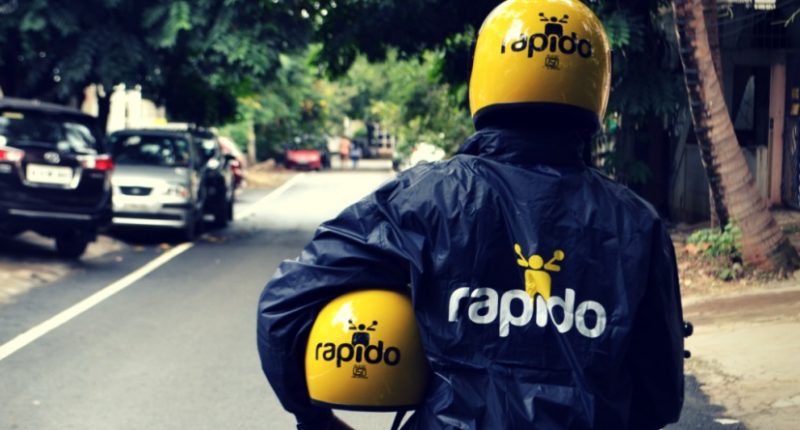Rapido, the bike and auto aggregator taxi service from India, which turned a unicorn in July, has has raised an additional $200Mn in a fresh round of funding. The round was led by its existing investor WestBridge Capital, pushing the company’s valuation to $1.1 billion. Joining WestBridge in this round were Nexus Venture Partners, Think Investments, and New York-based Invus Opportunities.
Rapido, which was already a leader in two-wheeler ride-sharing, is now preparing for rapid expansion into new sectors. According to reports, the proceeds from the funding round will be deployed towards the growth of Rapido’s recently launched four-wheeler taxi service, as well as accelerate its entrance into the burgeoning quick commerce delivery market. Rapido’s CEO, Aravind Sanka, indicated that these new ventures will be central to the company’s strategy to diversify beyond its core bike-taxi services and compete more aggressively with established giants like Ola and Uber. According to Sanka, Rapido is already larger than one of the incumbents in some markets, although he did not specify whether this was Uber or Ola.
“The latest fundraise has come on the back of strong growth that we’ve clocked over the last two years,” Sanka commented on the matter. “In this period, we’ve grown our top line over 12 times… A few years back, we were just a two-wheeler player, but now we’re a significant three-wheeler operator. We are also making huge inroads in the four-wheeler ride-sharing market.”
Rapido now aims to offer four-wheeler ride services on a subscription-based model. This model is particularly appealing to drivers, as it does not levy commissions on them, making it a more financially attractive option than competing platforms. Rapido’s goal is to become a significant player in this space, positioning itself as the second-largest ride-hailing service in India after Ola and Uber.
While the company’s foray into four-wheelers is gaining traction, Rapido’s core business still revolves around its bike-taxi service, where it remains the market leader. With over 2.3 to 2.5 million daily orders across its platforms, more than 50% of Rapido’s ride volumes still come from its two-wheeler service. The bike-taxi business has been critical to Rapido’s rapid growth in recent years, allowing the company to establish a foothold in a market underserved by traditional ride-hailing services like cars and auto-rickshaws. The company’s ability to tap into urban markets, where two-wheelers are often the most efficient and cost-effective mode of transport, has positioned it as a strong player in this niche space.
In addition to its ride-hailing services, Rapido is making a push into the quick commerce delivery space. This is where Rapido’s two-wheeler fleet comes in – it boasts over 600,000 monthly active riders and is already larger than both Swiggy and Zomato’s delivery fleets, giving the company a significant logistical advantage. Rapido aims to provide delivery services that range from the increasingly popular 10-minute delivery window to slightly longer timeframes, such as 30 minutes to an hour.
The Tech Portal is published by Blue Box Media Private Limited. Our investors have no influence over our reporting. Read our full Ownership and Funding Disclosure →






